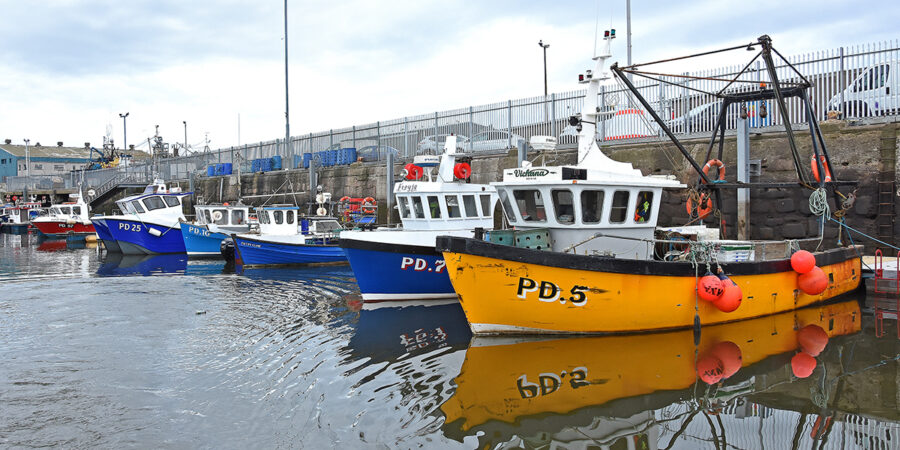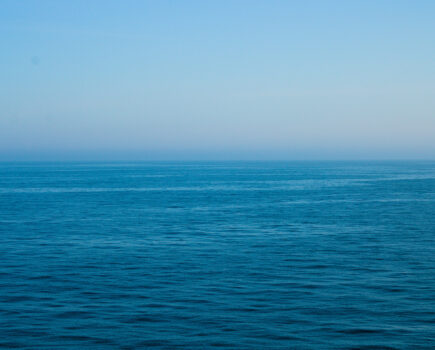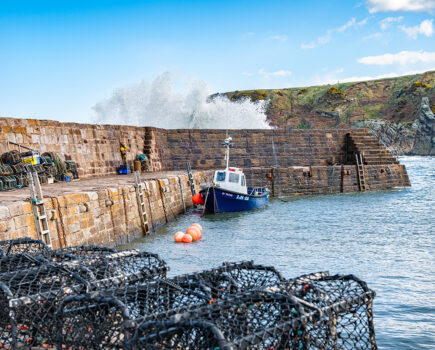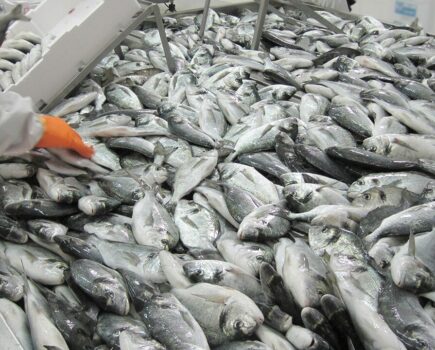Brussels must review PO rules says LIFE report.
Failure to properly recognise and regulate POs across the EU is failing small-scale fishermen and the CFP, according to an in-depth study, reports Tim Oliver.
The study says there is increasing interest amongst small-scale coastal fishermen (SSCF) in Europe in the possible benefits to them of creating POs specifically tailored to small-scale operators.
It calls on the European Commission to carry out an urgent review of member states’ POs’ compliance with regulations, and to consider its recommendations to address ‘the current regulatory system’s failure’.
Pointing out that small-scale vessels are 80% by number of the overall EU fleet, the report says small boat POs would help to achieve the aims of the CFP.
Low Impact Fishers of Europe commissioned the 37-page report – Fishy Business: Fish POs in the EU – ‘to determine whether the regulations and structure that Europe’s SSCF would be signing up to are fit for purpose, open, fair and equitable’.
It says the Commission and member states must act to ensure that the conditions for recognition of POs – laid down in Articles 14 and 16 of the Common Organisation of the Markets (COM) regulation of the CFP respectively – are complied with. “Their continued failure to do so is a direct threat to the key objectives of the CFP and the COM,” says LIFE.
The CFP explicitly aims to create sustainable fisheries that bring socio-economic and employment benefits and should ensure fishing opportunities are allocated to achieve these aims. The CFP regulations acknowledge that POs are ‘the key to achieving those objectives’.
There should be measures to encourage the representation of SSCF, and member states with ‘significant’ coastal fleets should develop ‘action plans for the development, competitiveness and sustainability of small-scale coastal fishing’.
The report looks in detail at the PO structures in five countries: the UK, Ireland, Denmark, Germany and the Netherlands. They show that member states and the Commission ‘are unaware of the collective market positions of internationally trading large industrial businesses, and their control and influence on recognised POs’, while there is virtually no representation of SSCF.
LIFE says there is ‘an almost complete disconnect’ between member states’ SSCF fleets and the mainstream PO system. Its members consistently report mainstream POs as largely the exclusive preserve of big boats and industrial fishing companies.
“LIFE takes no pleasure from the conclusion that the report’s findings are an indictment of the Commission’s and member states’ regulation of POs, said LIFE executive director Jerry Percy.
“We urge the Commission to carry out an urgent review of its member states’ POs’ compliance and to consider our recommendations, which are intended to constructively propose ways to address the current regulatory system’s failure.”
He told Fishing News: “Bearing in mind the increasing interest from member organisations in setting up POs, we commissioned the report to have a look at the PO structure across Europe to make sure it’s fit for purpose, fair and equitable and not weighted against the small boat operators. Additionally, a primary aim in developing the English small-scale PO [Coastal PO] was to remove the barrier between small and big vessels through the PO structure.
“Having received the report, it has thrown up surprisingly more in terms of the failings than we anticipated, and they need to be addressed.
“This is not about having a go at POs; it’s about making sure the regulations that underpin them are properly enforced. It’s all very well having all these grand rules, like Article 17 for example, but if they’re not implemented, it’s a waste of time.
“The main point is that it’s the responsibility of the member states and the European Commission to ensure that POs do what they are supposed to do.
“You have 28 member states, and unless everybody implements the rules equally, it’s grossly unfair. That’s why the report looks at the whole of Europe and not just the UK, Ireland, etc. It’s a European issue and, whether you are a large-scale or a small-scale operation, or whether you’re in the UK or any other country, you need a level playing field, and that is fundamentally not the case right now.
“It’s currently an opaque scenario, but the Commission and Member States have a duty to shed some light on it and meet their regulatory responsibilities without delay. Maybe this report will spur them into having a look at things and ensure that the system is indeed fit for purpose for all concerned.”
The report has been circulated widely to the European Commission, Member States, MEPs and other interested parties. A link to the report is available on the LIFE website at lifeplatform.eu and other EU language versions (DK/PL/DE/FR/SP/NL) will be available early in the New Year.
Conclusions and recommendations
The report highlights the complexity of the international relationships between POs and quota holdings. It has been able to ‘peel back the layers of the onion’ only as far as possible with its available resources, but the CMO gives authority to member states to ask POs to for all details of their memberships, governance and funding, with penalties for inaccurate information.
The report includes cases where both companies’ holdings within POs, and POs themselves, control as much as 100% of fishing opportunities. “There is evidence of this at high level – across member states, potentially across more than one member state – and there is evidence of this down to the detail of a single stock in a single sea area. Our regulators just need to look for it.”
The PO system as currently implemented and regulated is not helping the Commission and member states to deliver on the CFP’s objectives. This is because;
● Member states’ CMO Article 18 ‘regular checks’ are not fit for purpose.
● There are currently too few PO members across the EU’s POs for the POs to be ‘the key’ to achieving the objectives of the CFP and the CMO. Instead, regulators seem to have allowed some POs to be used by some industrial fishing interests to protect their access to the EU’s fishing opportunities. In some cases that may be frustrating the restrictions and objectives of the CFP.
● The capacity and scale of internationally and nationally trading industrial fishing businesses, controlling fishing opportunities across POs and across member states’ borders is an unrecognised threat to the objectives of the CFP.
● The research found an almost complete absence of the appropriate and representative participation of small-scale producers in:
a) The recognised fish POs; and
b) Some political lobbying organisations claiming to represent ‘the fishing industry’.
Recommendations
● The Commission and the European Court of Auditors should conduct thorough reviews and impact assessments of member states’ recognised POs as the regulations call for.
● The Commission should require PO lobbying organisations to meet the criteria for, and be subject to, the checks associated with recognised status as associations of POs.
● The Commission should establish, publish and maintain daily, an EU-wide, Aarhus Convention-compliant, comprehensive database of fishing activity, landings, swaps and trades.
LIFE urges the Commission ‘to carry out an urgent review of its member states’ POs’ compliance and to consider the recommendations’ and ‘to ensure that any group of small-scale fishers seeking to develop their own PO can do so in the knowledge that the system they are becoming part of is properly regulated and effectively managed’.
LIFE report
The section of the report looking at POs in the UK focuses on England because the newly recognised SSCF PO – the Coastal PO – was recognised by the MMO in England.
It says 97% of England’s FQA units are in the English POs, which, excluding the Coastal PO that holds no quota, represent only 11% of the English fleet.
“As PO regulator of a sector with a dynamic and unregulated trade in quota, the MMO has been blind to the true nature of the ownership and access to English fishing opportunities.”
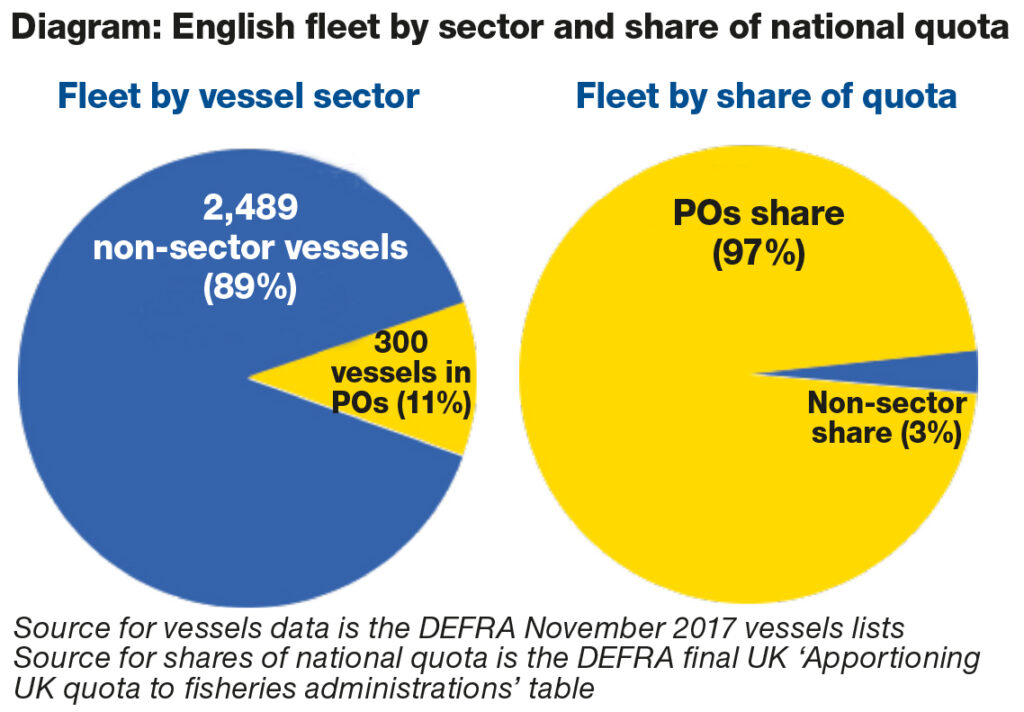
Read more from Fishing News here.

